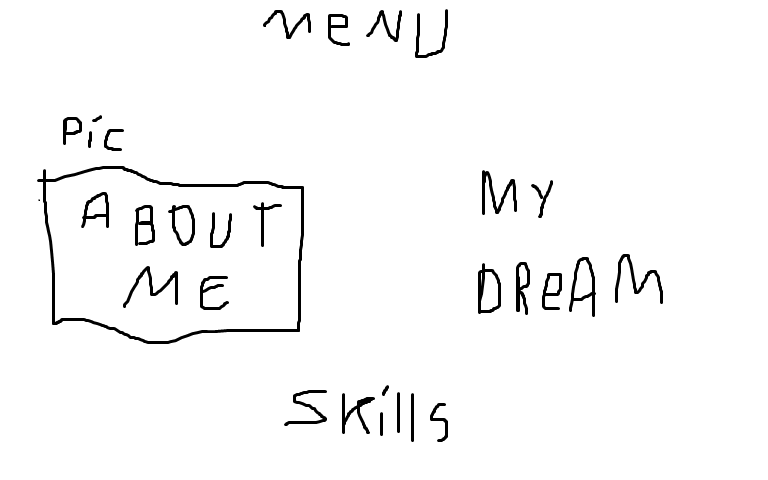You did not define your job and your degrees. Do you want to stay a code monkey, become a software developer, or even a computer scientist ?
If you wanted to start a PhD in computer science, been able to speak and read four languages (e.g. four European languages, or two of them + Chinese + Indian) is a decisive advantage: you could publish to some national conferences (or collaborate better with fellow researchers in other countries) that other colleagues might not be able to.
If you stay a web developer, being able to communicate in Japanese would be useful to develop web applications for Japan (or Japanese corporations).
Be also aware of internationalization and localization issues in software development. Again, understanding several (commonly spoken) human languages would be helpful. For a small software business, having some limited human language expertise in-house is cheaper and faster than outsourcing it.
If you want to climb the software project management ladder (please read then The mythical man-month), be aware that the Digital Economy is world-wide and globalized, so market opportunities are world-wide (e.g. speaking Russian is a decisive advantage to sell software services or products to Russia).
Of course, some human languages (I am thinking of latin or sanscript or thai or somali) are less useful to you than others (e.g. being able to communicate in English, Japanese, German, French or even Russian is obviously more useful to you: think of developed countries first, they have comparatively large IT budgets: France is spending more in IT per capita than Egypt).
I guess that if, at some time, you want to be hired by Google or MicroSoft, speaking several human languages would be an advantage w.r.t. other candidates not speaking them and sharing your skills and job market value. Both Google and Microsoft have large software projects with people working worldwide on the same project.
Of course, the world Dreams seems to me (I am French, not a native English speaker) unprofessional in any resume. Definitely, "professional ambitions" is more politically-correct, and the "career objectives" sounds even better.
As I commented, learning several programming languages and paradigms will develop in your brain cognitive skills reusable to learn (better) human languages.
In my own brain, having learned a bit of latin (when I was 12 years old) definitely helped me in understanding abstract CS concepts like abstractions or object-oriented programming, and also in learning new programming languages (I believe they are some weird programming languages where self or this - the canonical receiver of message sending - is spelt ipse).
You probably won't be able to easily learn other human languages at work, but once you have learnt a small bit on your own (on personal time), your job market value is increasing slightly. You could choose instead to participate (on personal time) to existing open source projects, since that also slightly increases your market value.
Notice that large open source communities are worldwide: the Linux kernel has developers in many many countries.

